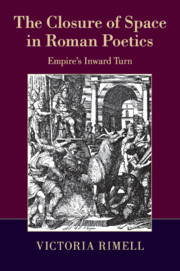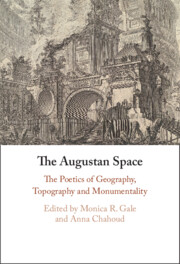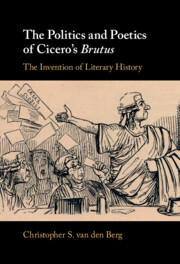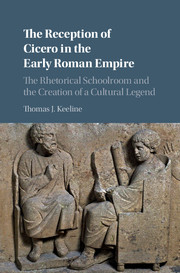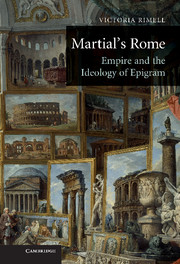The Closure of Space in Roman Poetics
This ambitious book investigates a major yet underexplored nexus of themes in Roman cultural history: the evolving tropes of enclosure, retreat and compressed space within an expanding, potentially borderless empire. In Roman writers' exploration of real and symbolic enclosures - caves, corners, villas, bathhouses, the 'prison' of the human body itself - we see the aesthetic, philosophical and political intersecting in fascinating ways, as the machine of empire is recast in tighter and tighter shapes. Victoria Rimell brings ideas and methods from literary theory, cultural studies and philosophy to bear on an extraordinary range of ancient texts rarely studied in juxtaposition, from Horace's Odes, Virgil's Aeneid and Ovid's Ibis, to Seneca's Letters, Statius' Achilleid and Tacitus' Annals. A series of epilogues puts these texts in conceptual dialogue with our own contemporary art world, and emphasizes the role Rome's imagination has played in the history of Western thinking about space, security and dwelling.
- Presents an ambitious and coherent analysis of a key yet underexplored theme of Roman cultural history
- Brings ideas and methods from literary theory, cultural studies and philosophy to bear on an extraordinary range of ancient texts rarely studied in juxtaposition
- Emphasizes the significant role played by Roman literature in the history of Western thinking about space and dwelling
Product details
No date availablePaperback
9781107437487
370 pages
230 × 152 × 19 mm
0.5kg
4 b/w illus.
Table of Contents
- Introduction: interior designs
- 1. Empire without end: opening, expansion, enclosure
- 2. All four corners of the world: Horace's enclaves
- 3. Roman philosophy and the house of being: Seneca's Letters
- 4. Blood, sweat and fears in the Roman baths
- 5. Imperial enclosure, epic spectacle
- 6. The homeless problem: exile, entrapment, desire.

